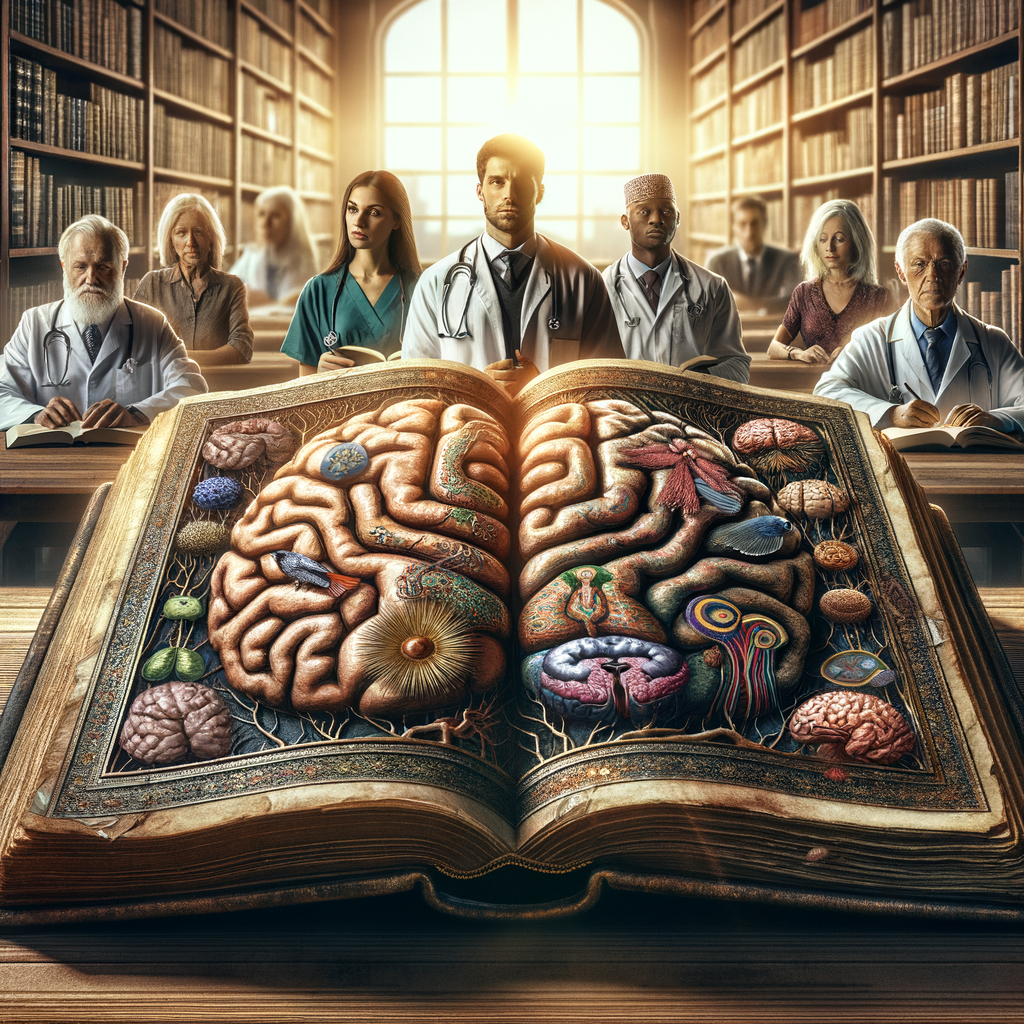Understanding Dementia: Causes, Symptoms, and Course
Dementia is a broad term that encompasses a variety of cognitive impairments, affecting memory, thinking, and social abilities seriously enough to interfere with daily functioning. Understanding this complex condition requires not only knowledge of its causes but also an awareness of its symptoms and the typical course it takes in individuals.
What is Dementia?
Dementia is not a specific disease but rather an umbrella term that describes a range of symptoms associated with a decline in brain function. It is characterized by a progressive deterioration in cognitive function, impacting a person’s ability to perform everyday activities and leading to significant emotional and social consequences.
What Causes Dementia?
The causes of dementia are numerous and can vary widely. Here are some of the most common factors linked to the condition:
- Alzheimer’s Disease: The most prevalent form of dementia, accounting for 60-80% of cases. It involves the accumulation of plaques and tangles in the brain.
- Vascular Dementia: Often the result of strokes, it occurs when blood flow to the brain is disrupted.
- Lewy Body Dementia: This type is characterized by abnormal protein deposits in the brain that lead to cognitive decline and motor symptoms similar to Parkinson’s disease.
- Frontotemporal Dementia: Involves progressive degeneration of the frontal and temporal lobes, affecting personality, behavior, and language skills.
- Other Factors: Conditions such as Parkinson’s disease, Huntington’s disease, and certain infections (like HIV/AIDS) can also lead to dementia.
What are the Symptoms of Dementia?
The symptoms of dementia can vary significantly depending on its cause, yet they generally include:
- Memory Loss: Frequent forgetfulness, such as misplacing items or forgetting names.
- Difficulty Communicating: Struggling to find the right words, follow conversations, or have verbal exchanges.
- Impaired Reasoning: Challenges making decisions and solving problems.
- Disorientation: Losing track of time and place, causing confusion about familiar environments.
- Changes in Mood: Sudden shifts in behavior, such as increased anxiety, depression, or irritability.
As dementia progresses, these symptoms may worsen and can significantly impact the individual’s ability to perform daily tasks.
What is the Course of Dementia?
The progression of dementia varies widely among individuals. However, it is generally categorized into stages:
- Early Stage: Mild forgetfulness and cognitive changes may begin to surface, but the person can still function independently.
- Middle Stage: Symptoms become more pronounced; individuals may need assistance with daily activities and may exhibit pronounced communication difficulties.
- Late Stage: Severe cognitive decline occurs, requiring full-time care. The individual may lose the ability to communicate and may exhibit significant changes in personality and behavior.
The typical duration of dementia varies, often ranging from 3 to 20 years, depending on the underlying cause and the individual’s overall health.
Conclusion
In conclusion, dementia is a complex and multifaceted condition marked by cognitive decline that impacts countless individuals and their families. By understanding its causes, recognizing the symptoms, and being aware of the possible course of the disease, we can foster a greater awareness and encourage compassionate care for those affected. As research progresses, we must remain hopeful for advancements in treatment and prevention.
There you have it… See what works for you…
Campbell M Gold
To Create Health, Wealth, Success, and Longevity through the Power of Your Subconscious Mind, Visit: Campbell M Gold.com
Visit The Store and see what else can be of help


Leave a Reply